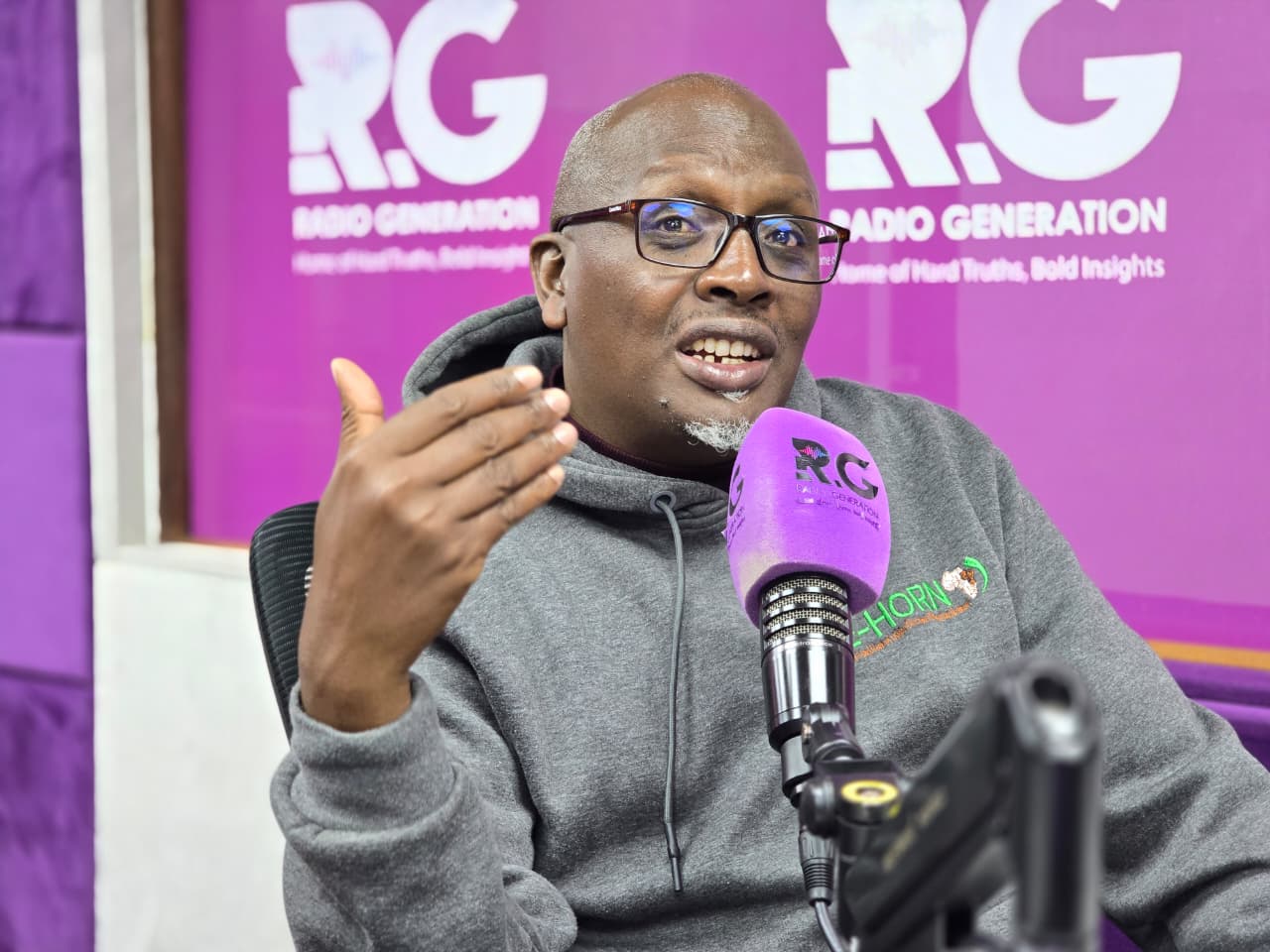Kenya is still far from being fully prepared for the 2027 general elections, according to Mulle Musau, National Coordinator of the Elections Observation Group (ELOG).
Speaking during an interview with Radio Generation, Musau said that while preparations are underway, the country has significant gaps that need urgent attention.
“Well, if they want a very quick answer is we are not, because we’re in the process,” Musau said on Wednesday.
He stressed that with less than two years to the polls, many critical tasks, including finalizing electoral boundaries, remain incomplete.
“Some of the things that we right now have been overtaken by events. But granted, that’s how things are at the moment,” he added.
What Election Preparedness Should Look Like
Musau further outlined the components that would define an ideal state of readiness. A central concern, he said, is having a complete and updated voter register.
“We have a register which is not updated, so we can’t even now talk about an election when you don’t have the people to vote,” he explained. Properly delineated electoral boundaries are also crucial to ensure fair representation, he said.
He further highlighted the importance of reviewing past elections to identify and correct weaknesses.
“Every time we conduct elections, we go through a process where we review what went right, what went wrong,” Musau said, emphasizing that technological readiness, legal frameworks, and adequate funding are all essential for a smooth electoral process.
He noted that current gaps include limited polling kits and delays in procurement, which could affect the smooth running of the vote.
The Independent Electoral and Boundaries Commission (IEBC) has begun addressing some of these issues through its Continuous Voter Registration (CVR) exercise, launched on September 29, 2025.
According to the commission, 7,048 new voters have registered, 259 have transferred their registration to new electoral areas, and eight have updated their personal details.
“Every eligible Kenyan should have a fair and equal opportunity to register as a voter and exercise their democratic right,” IEBC Chairperson Edung Ethekon said.
“The registration exercise is accessible, transparent, and efficient across the country.”
Despite the nationwide rollout, turnout has been sluggish, particularly in rural areas and smaller towns. Nairobi leads with 1,597 new registrations and 42 transfers, while Mombasa, Kiambu, and Kisii have shown moderate progress.
Low participation in many counties highlights the challenges ahead in ensuring all citizens are registered and aware of their voting rights.
Musau warned that if elections were held today, many preparations would be incomplete.
“We have to, I think, use a time that is remaining very wisely as we prepare the country to what promises to be a very interesting election,” he said, stressing the need for urgent action by authorities and stakeholders to close gaps before 2027.
